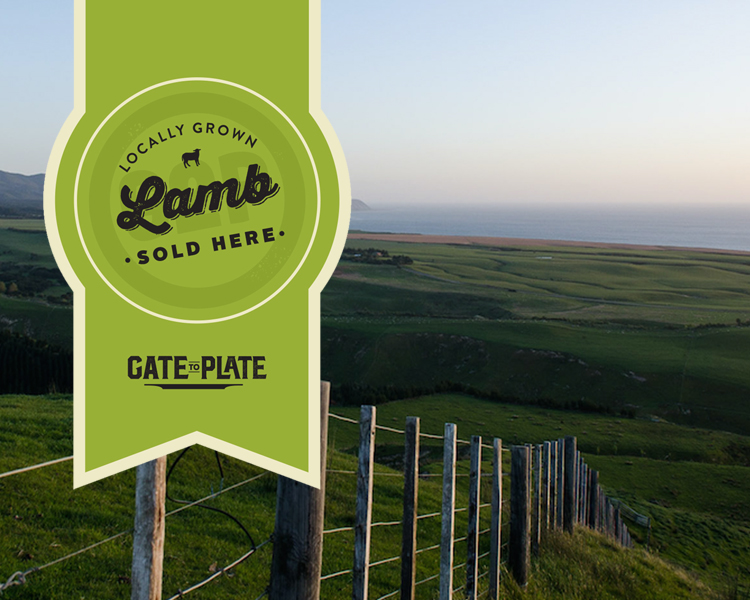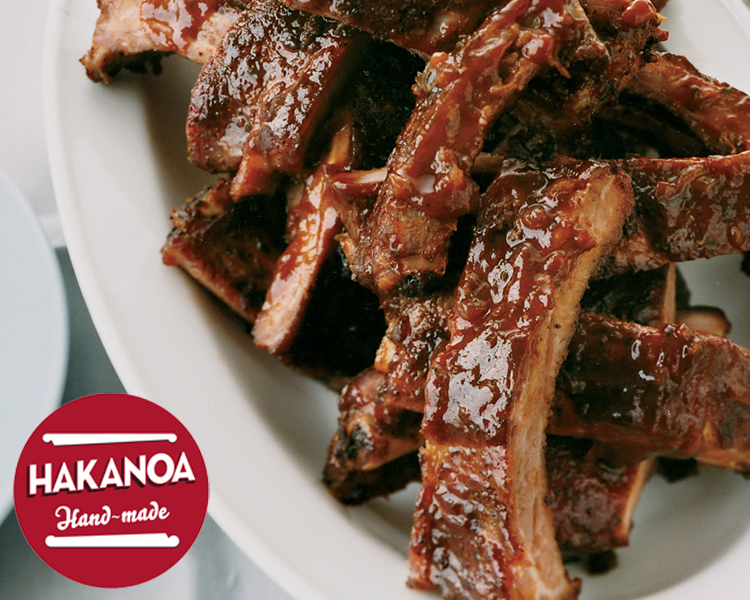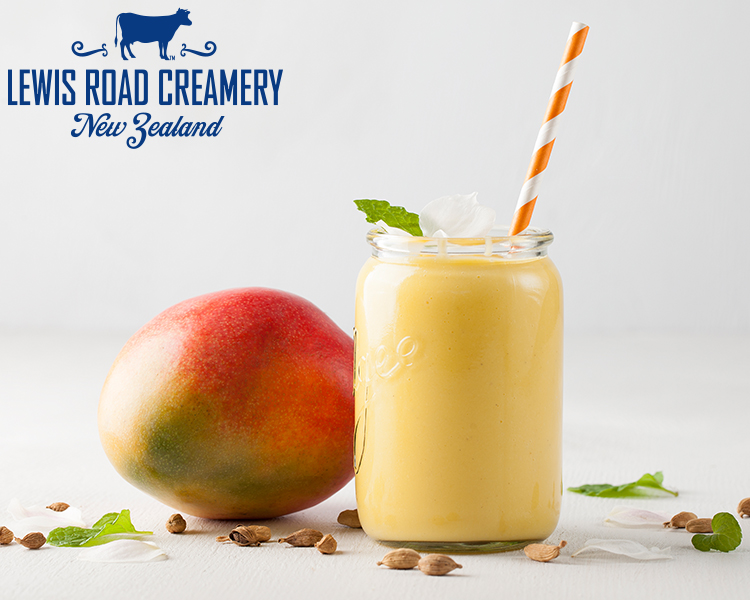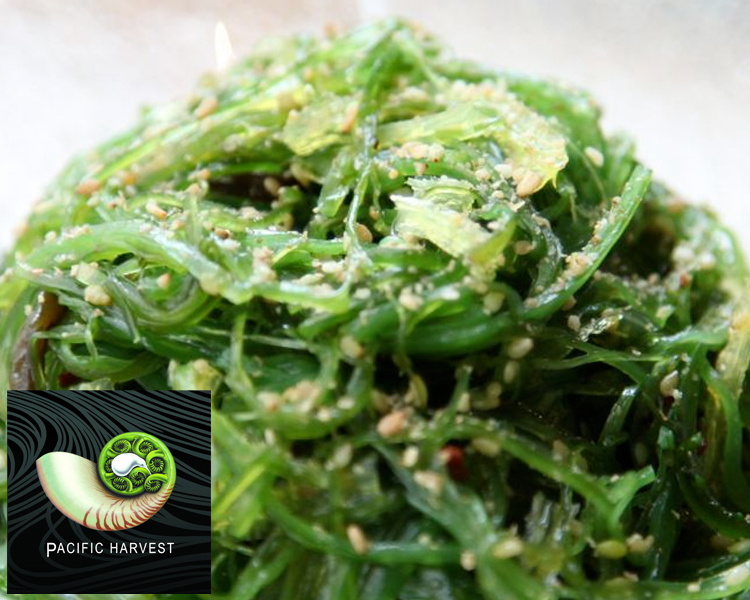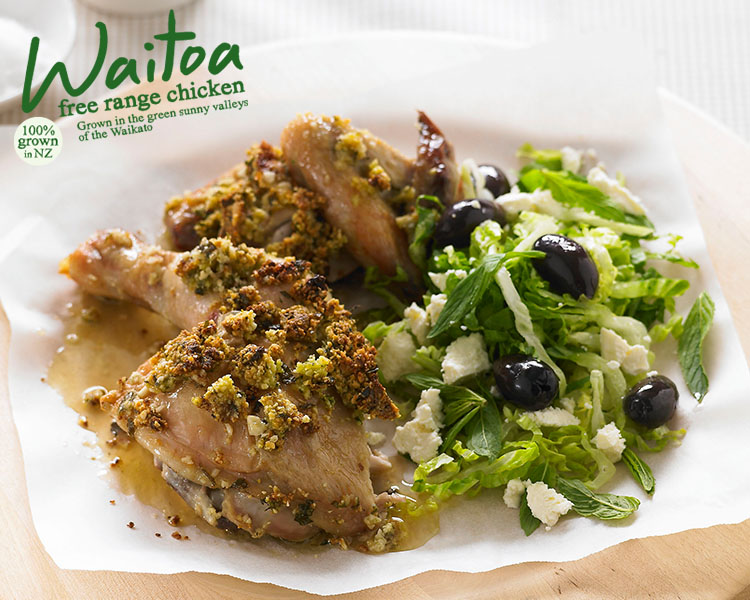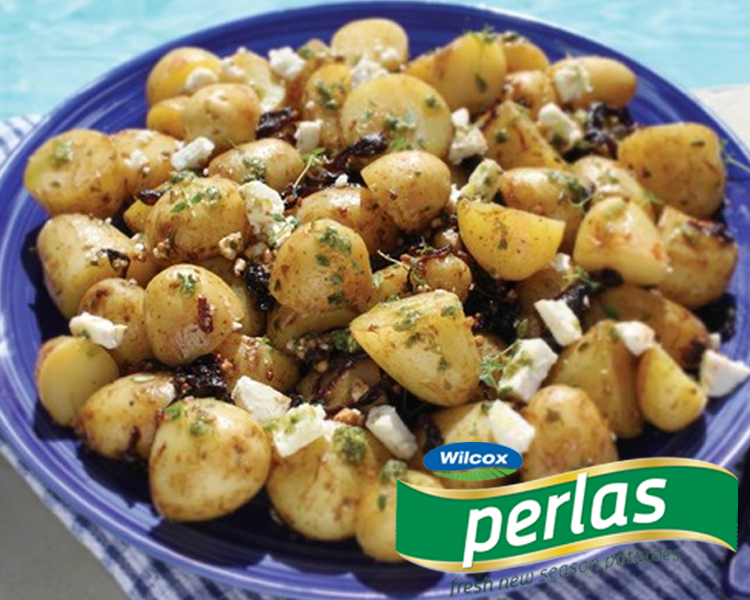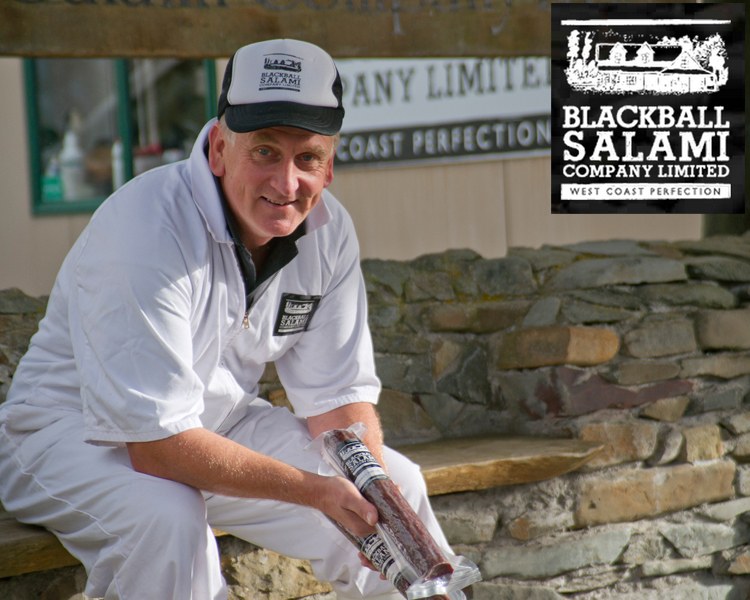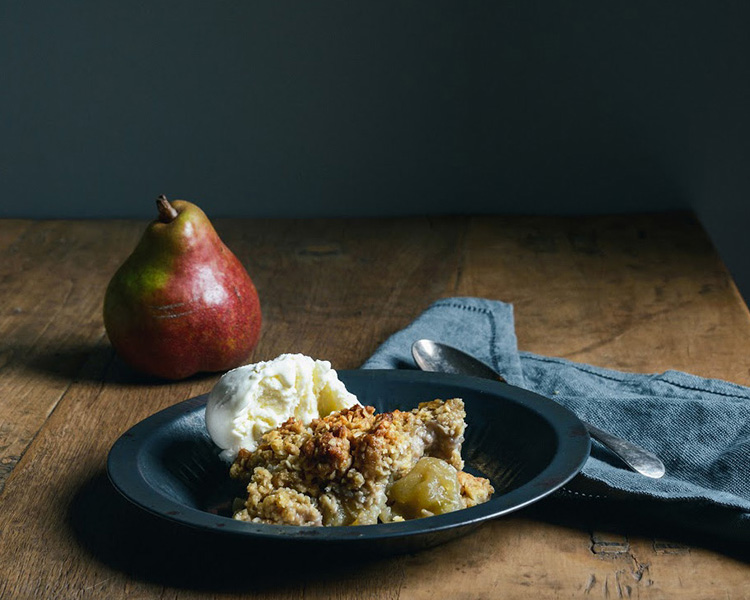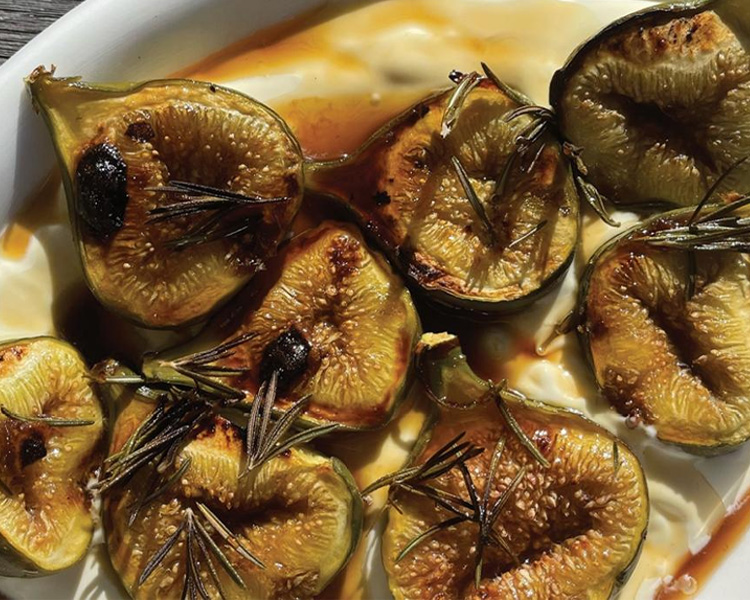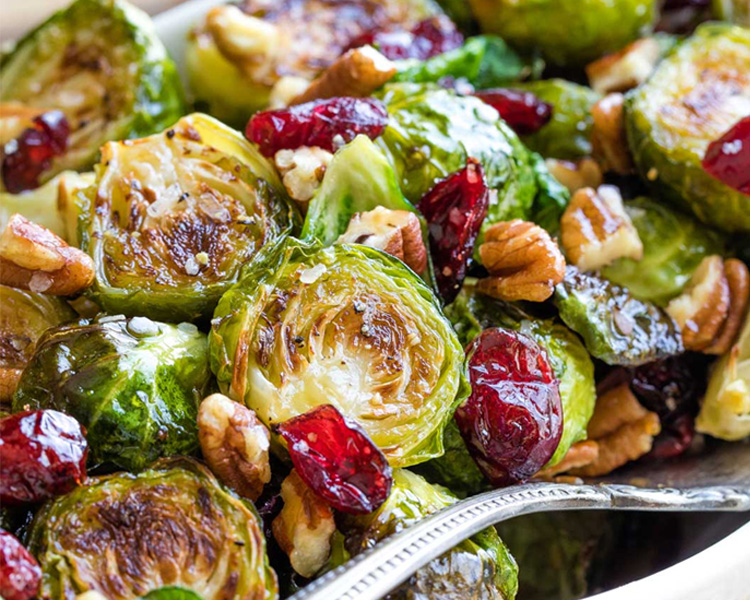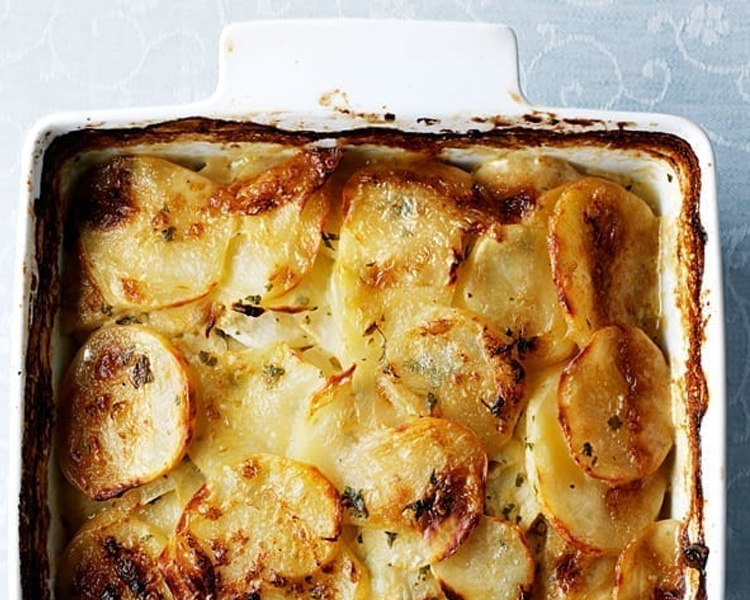A new concept in meat retailing has been launched this February that will see lamb lovers in the Wellington region guaranteed of buying some of the very best lamb available from the Wairarapa.
The arrival of Gate to Plate branded lamb will hit selected stores following the success of the prestigious Gate to Plate lamb competition that began two years ago as a feature of the Masterton A&P Show.
Gate to Plate assesses the quality of lamb rearing and production ‘on the hoof, on the hook and on the plate’. It takes meat traceability to a whole new level by assessing the farming practice, production process and final product, and rating it every step of the way.
Instigated to reflect consumers’ increasing interest in the origins of their food, concern for sustainable and ethical food production, the competition was also driven by farmers wanting to constantly improve their product and connect with their customers.
Chair of Masterton A&P Show, Alan Williams says the competition has been such a success that they decided to make the entrants’ meat available for retail, by branding the lamb.
‘The response to Gate to Plate has been really positive,’ says Mr Williams. ‘Both farmers and the public have embraced the concept and we realised that people were genuinely interested in the ethics of where their meat came from.
‘Through the competition, consumers can find out almost to the paddock, where their lamb was raised, who the farmer who nurtured the lamb was, and be assured of its journey from the lovely Wairarapa paddock to a carefully selected retailer. The Wairarapa is increasingly becoming renowned for the quality food it produces, and this is yet more evidence that we’re committed to that.
‘Gate to Plate is now not just a badge of honour for the farmer, it’s a product they can proudly see hitting kitchens and barbeques around the region. This is very heartening for the farmer.’
2015 winner and farmer Lynley Wyeth of Spring Valley Farm says she agrees the competition and now the branded lamb, meets an important need for farmers as well as consumers.
‘People probably don’t realise how much heart and soul goes into producing great lamb. It is actually a privilege to produce food for families, and to see it appreciated and recognised is fantastic,’ she says. ‘Any farmer can grow a great lamb, but to do it year on year to the same, if not better, standard, is the challenge.
‘The Gate to Plate process gives farmers the tools to constantly improve, by working on the data they get at each stage. You get a baseline and go from there. And now there is real reward in seeing it available on the shop shelves. It’s a very exciting next step.’
Gate to Plate Lamb is available from Moore Wilson's Fresh Masterton, Wellington and Porirua.

